BENZONATATE- ORAL
PHONETIC PRONUNCIATION: (ben-ZOE-na-tate)
COMMON BRAND NAME(S): Tessalon Perle, Zonatuss
GENERIC NAME(S): benzonatate
Uses
USES: This medication is used to treat coughs caused by the common cold and other breathing problems (e.g., pneumonia, bronchitis, emphysema, asthma). It works by reducing the reflex in the lungs that causes the urge to cough. Use of this medication is not recommended in children younger than 10 years. Discuss the risks and benefits with your doctor.
How to use BENZONATATE- ORAL
HOW TO USE: Take this medication by mouth with or without food, usually 3 times daily as needed or as directed by your doctor. Swallow this medication whole. Do not chew, suck, or dissolve this medication in your mouth. Doing so will cause a loss of feeling in your mouth/throat and may cause choking or a severe allergic reaction. (See also Side Effects section.) Do not eat or drink until the numbness goes away. Get medical help right away if the numbness persists or worsens. Dosage is based on your medical condition and response to therapy. Do not take more than 200 milligrams at one time. Taking more benzonatate than prescribed will not make your cough go away faster but may result in serious side effects. Tell your doctor if your condition persists or worsens.
Side Effects
Precautions
Interactions
Overdose
Images
Reviews
Faq for BENZONATATE- ORAL
Benzonatate is an oral medication used to relieve cough caused by the common cold, flu, or other respiratory tract infections.
Benzonatate works by numbing the stretch receptors in the lungs and airways, reducing the cough reflex and providing temporary relief from coughing.
Common side effects of Benzonatate may include dizziness, headache, constipation, drowsiness, nasal congestion, and a mild rash.
Benzonatate should only be used for short periods of time, usually no longer than 7 days. If your cough persists for more than a week or is accompanied by other symptoms, you should consult a healthcare professional.
It is recommended to avoid consuming alcohol while taking Benzonatate, as it can increase the risk of side effects such as drowsiness and dizziness.
Benzonatate is not recommended for children under the age of 10. Always consult with a pediatrician before giving any medication to children.
Benzonatate should be taken exactly as prescribed by your healthcare provider. It is usually taken three times a day with or without food. Do not chew, crush, or dissolve the capsules, as this can lead to numbing of the mouth and throat.
It is best to consult with a healthcare professional regarding the use of Benzonatate during pregnancy or while breastfeeding, as there may be potential risks.
If you miss a dose of Benzonatate, take it as soon as you remember. However, if it is almost time for the next dose, skip the missed dose and continue with your regular dosing schedule.
Disclaimer
IMPORTANT: HOW TO USE THIS INFORMATION: This is a summary and does NOT have all possible information about this product. This information does not assure that this product is safe, effective, or appropriate for you. This information is not individual medical advice and does not substitute for the advice of your health care professional. Always ask your health care professional for complete information about this product and your specific health needs.
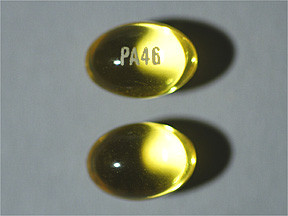
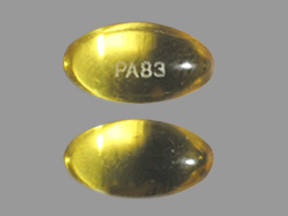
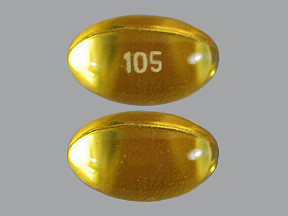
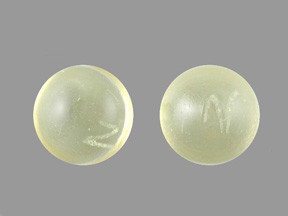
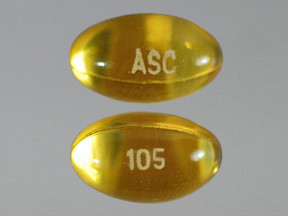
No Reviews Yet